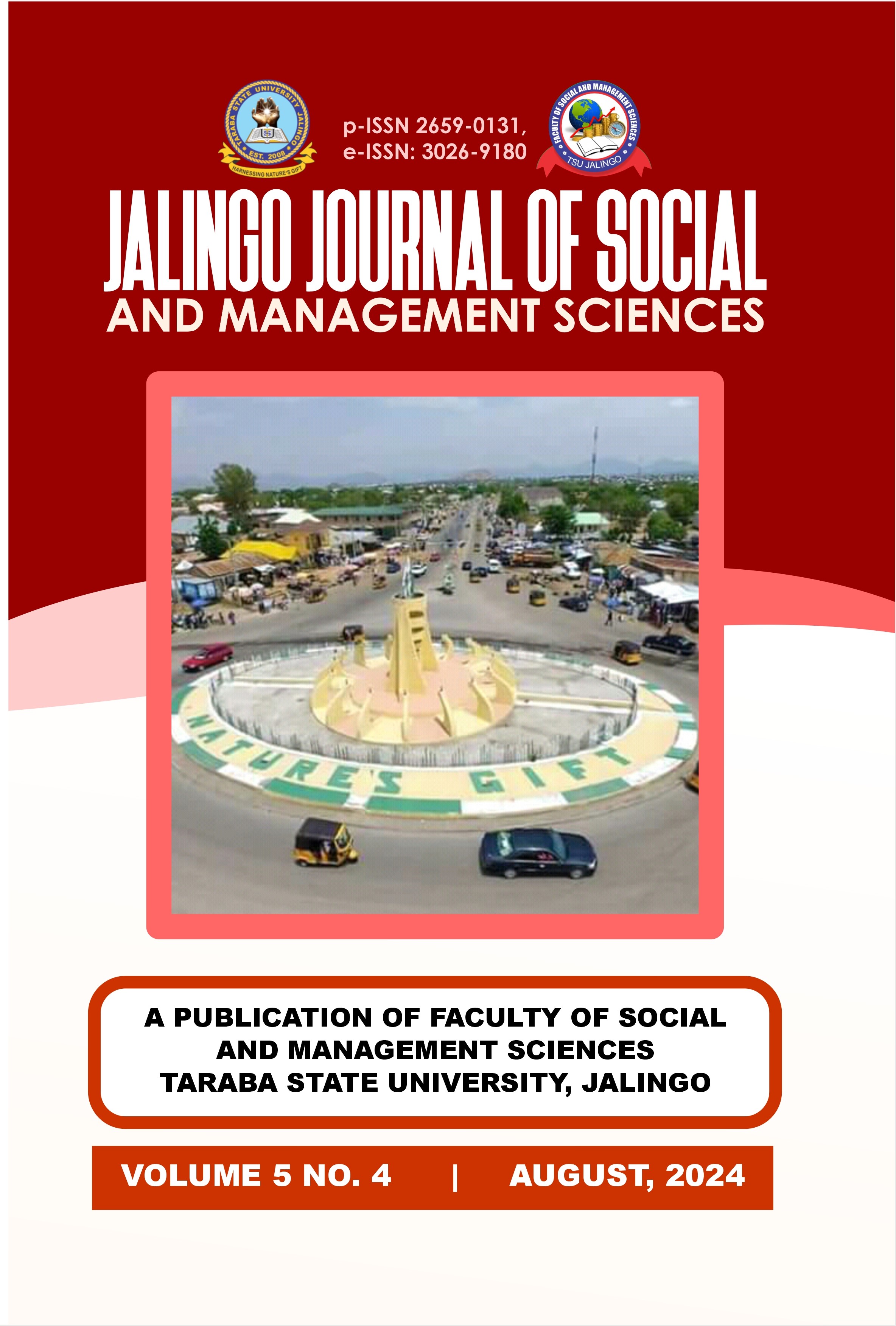Assessment of the Environmental and Social Impacts of Gurara and Azara/Jere Irrigation Projects in Nigeria
Keywords:
Environmental impact, social impacts, irrigation, River Basin Development Authorities (RBDAs) & ESMPAbstract
It has been clearly established that development of dams and associated user facilities (such as irrigation, water transfer and hydro-power infrastructure, aqua-culture, etc.) significantly impact the quality of the physical environment and established social networks of host communities. It is therefore, necessary that a holistic and sustainable approach is adopted in the process of planning these projects. This study reviewed the environmental and social impact status of the Gurara and Azara/Jere Irrigation Projects in the Upper Niger River Basin in Kaduna State, North-West Nigeria. The study focused on investigating key environmental and social attributes including soil quality, water quality, air quality and noise level, vegetation (landuse) cover analysis, health status, socio-economic and livelihood appraisal, and social characteristics of host communities using various approaches such as laboratory analysis, insitu assessment, key informant interviews, and document analysis. The findings of the study reveal a range of risks which include pollution of water and soil as well as vulnerability to floods and erosion, and loss of livelihoods. Generally, the outcome of this study serves to
advance the importance of assessing environmental impacts from anthropogenic activities, as well as measurement and intervention to relevant criteria/conditions. Among others, the study suggests periodic monitoring and assessment of key environmental and social risks components and the resolution of land related compensation issues at the project sites.

Downloads
Published
Issue
Section
License
Copyright (c) 2024 JALINGO JOURNAL OF SOCIAL AND MANAGEMENT SCIENCES

This work is licensed under a Creative Commons Attribution-NonCommercial 4.0 International License.
